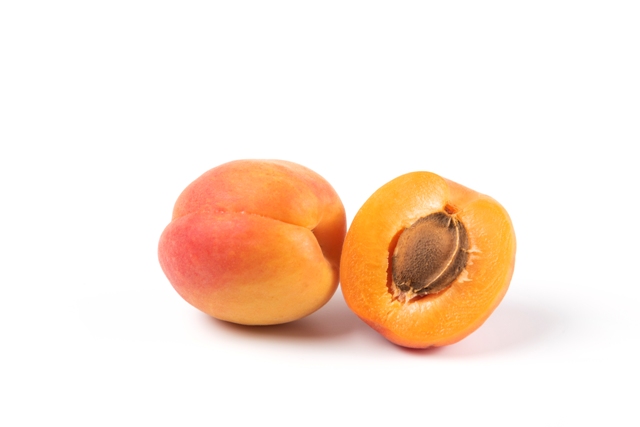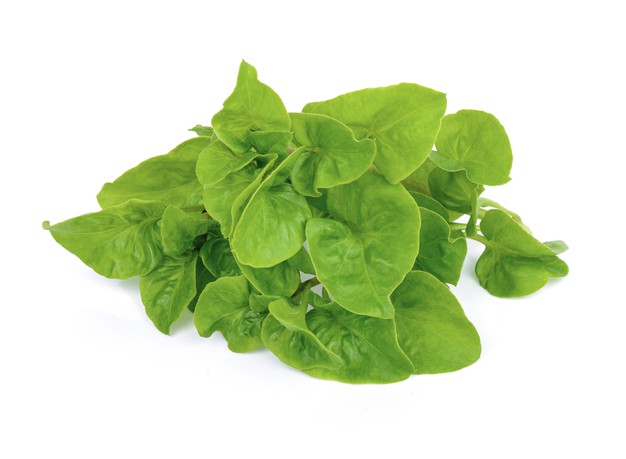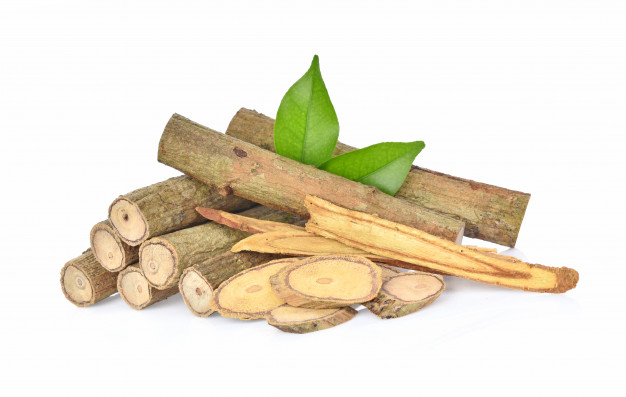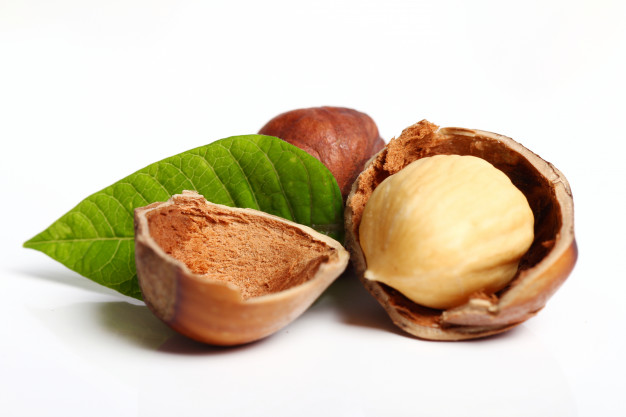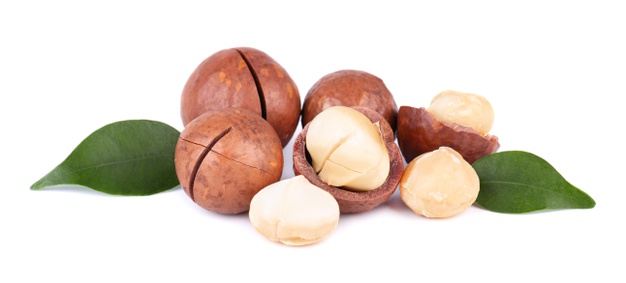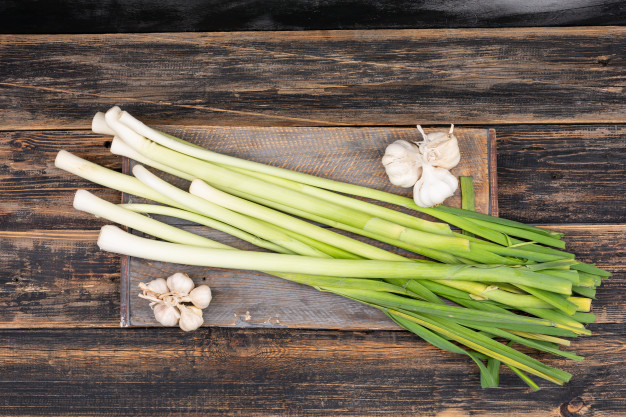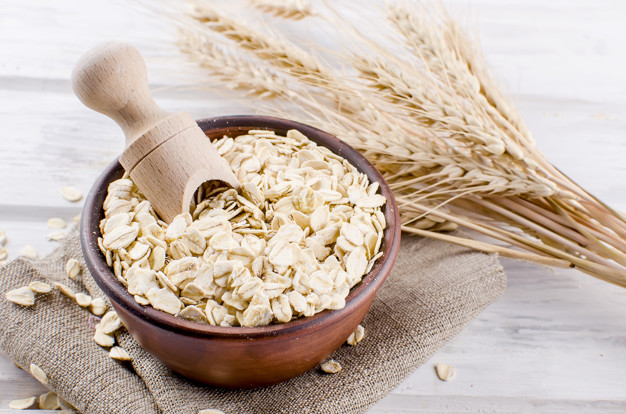Peach is a nutritious and tasty fruit belongs to Rose family. It has been widely used for various culinary purposes and this juicy fruit offers numerous health benefits as well.
Nutritional profile
- It contains lesser amount of carbohydrates
- It also contains fibre
- It contains too some extent of protein as well
- It contains negligible amount of fat too
- It is packed with various important micronutrients, which include Vitamin A, Vitamin C, Vitamin E, Vitamin K, choline, potassium, magnesium, copper, manganese, phosphorus, calcium, zinc and iron
- It also contains numerous phytonutrients, which are responsible for exerting several nutraceutical activities
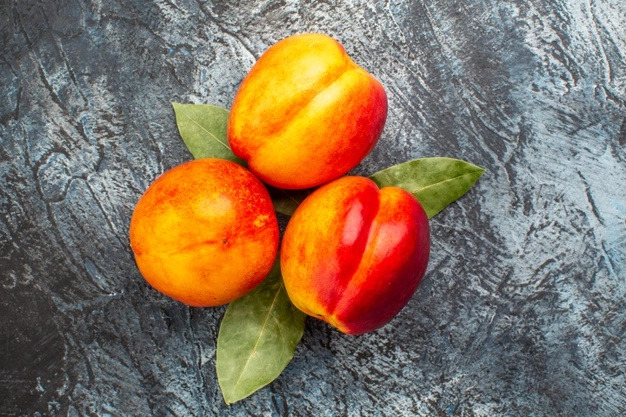
Biological activity
Anti-carcinogenic activity
- Its polyphenolic components are accountable for exerting anti-carcinogenic activity whereas its oxidative stress reducing activity is also responsible for decreasing the prevalence of carcinoma
- It helps in suppressing the growth of cancerous cells in body and also helps in preventing metastasis
- It is also associated with hindering the growth of tumor cells
- It is extremely effective for decreasing the prevalence of breast cancer

Antimicrobial activity
- Consumption of peach is very helpful for reducing the risk of developing infectious diseases as it shows antimicrobial activity, which helps in inhibiting the growth of microbes within body
- It is very effective against bacteria and prevents their growth as well as replication within host
Detoxifying activity
- It acts as an important detoxifying agent that helps in eliminating toxins from body
- It is also related with supporting the liver for eliminating toxins
- It has diuretic activity too that helps to enhance urination, which is responsible for flushing out toxins as well as waste products from body
- Moreover its consumption is thought to be very effective for cleaning the body from inside out
Health benefits
Role on immunity
- Consumption of peach is very effective for promoting the overall immunity of the body as it contains numerous immune boosting nutrients
- It helps to improve the activity of immune cells by preventing their damages, which ultimately improves immunological responses of the body
- Its Vitamin C content plays vital role in stimulating the synthesis of WBC, which is responsible for making the body able to fight against infections
- It significantly lowers the susceptibility of becoming ill as it is related with strengthening the defense mechanism of the body

Role on nervous system
- Consumption of peach is very helpful for improving the health of both central and peripheral nervous system
- Its B vitamin components play imperative role in promoting the development of brain
- It also enhances brain’s activity
- Its antioxidant activity is responsible for protecting every nerve cell from free radical induced oxidative damages thus helps in decreasing the risk of developing neurological disorders
- It has seen that consumption of peach significantly improves the symptoms of Alzheimer’s’ disease
Role on mental health
- Its consumption is very effective for improving mental health as well
- It helps to improve mood and also helps in refreshing the mind
- Magnesium component of peach plays imperative role in providing a calmness to the body that helps to reduce stress and anxiety
- It is also related with improving sleeping quality thus helps to prevent insomnia
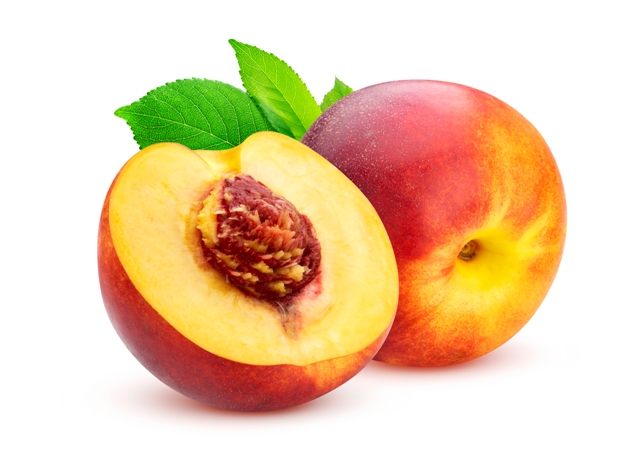
Role on eye health
- Vitamin A, lutein and zeaxanthin components of peach are considered as the main components of eye health
- It helps in improving eye health and also plays imperative role in protecting eye from free radical induced oxidative damages
- It helps to protect the eye from light related damages as well
- It helps in promoting vision and plays significant role in improving the symptoms of age related macular degeneration
- Consumption of peach helps to decrease the prevalence of eye disorders as it helps in lowering the risk of developing Vitamin A deficiency, which is considered as one of the leading causes of eye disorders

Role on digestive health
- Peach contains significant amount of fibre, which plays imperative role in promoting overall digestive health
- Its fibre content is also responsible for improving the symptoms of constipation. As it helps in increasing bowel movement and plays important role in making the stool soft as well as bulky thus its consumption is thought to be extremely helpful for making the defecation process easier
- It acts as prebiotic as well, which helps to feed intestinal beneficial microbes thus helps in promoting their growth. It is also associated with improving the balance of intestinal microbes as a result helps in promoting gut health
- It helps to promote colonic health as well
- It helps to prevent indigestion too
- Consumption of peach helps in improving the symptoms of diverticular disease, inflammatory bowel disease and irritable bowel syndrome

Role on skin
- Consumption of such juicy fruit is really very useful for rejuvenating the skin as it contains various nutrients that help to provide proper nourishment to the skin
- Its antioxidant activity is responsible for preventing dermal damages and plays significant role in preventing ageing
- Its Vitamin C component is also useful for enhancing skin elasticity by stimulating the production of collagen
- Vitamin E present in peach also helps in improving skin health
- It helps to warms skin tone
- It also helps to improve skin glow
- It is associated with protecting the skin from the harmful effects of UV radiation too
- It helps to smooth wrinkles as well
- It helps to lighten dark circles under eyes
- It is also very effective for enhancing skin glow
Therapeutic uses
It has been extensively used for various therapeutic purposes, like –
- It is used as an important remedial action for obesity as it exerts potent anti-obesity activity and all the credit goes to its fibre content. Fibre present in peach is accountable for providing a feeling of fullness as it helps in delaying stomach emptying as a result hinders appetite which ultimately reduces over consumption and facilitates weight reduction
- Phytonutrients present in peach plays significant role in decreasing blood cholesterol concentration. It has seen that peach helps to bind with bile acid, which is produced from cholesterol by the liver and helps to excrete this bile acid through stool. This is how it helps in decreasing blood cholesterol level. It especially helps to reduce the level of LDL, VLDL and triglyceride in body
- Its cholesterol lowering effect plays imperative role in lowering the susceptibility of atherosclerosis as it helps in inhibiting fat deposition within blood vessels, which ultimately lowers the risk of developing cardiovascular diseases
- It is also related with promoting endothelial health. As it helps in preventing plaque formation within blood vessels thus prevents their hardening as a result helps in smooth blood supply
- It helps to prevent hypertension as well
- It also helps in improving the symptoms of type 2 diabetes mellitus
- It helps to promote renal functionality too
- It also helps in decreasing allergic symptoms

Culinary uses
- It can be consumed raw or it can also be consumed in baked, boiled, grilled or broiled form
- It can be consumed with yogurt
- It can also be consumed with salad
- It can be added to chick pea curry
- It can be added to salsa as well
- It can also be used for preparing desserts
Risk factors
Over consumption of peach may increase the risk of digestive issues like bloating, diarrhoea, reflux etc.
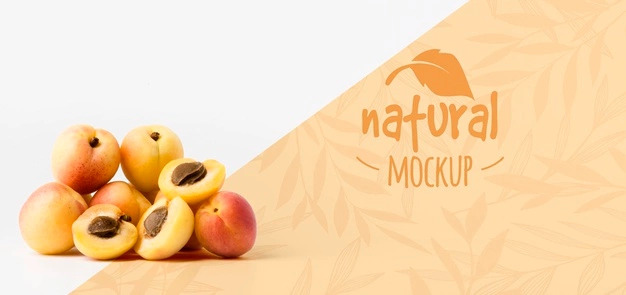
Source:
Bento, C., Gonçalves, A.C., Silva, B. and Silva, L.R., 2020. Peach (Prunus Persica): phytochemicals and health benefits. Food Reviews International, pp.1-32.
Byrne, D.H., Noratto, G., Cisneros-Zevallos, L., Porter, W. and Vizzotto, M., 2007, October. Health benefits of peach, nectarine and plums. In II International Symposium on Human Health Effects of Fruits and Vegetables: FAVHEALTH 2007 841 (pp. 267-274).
Habib, S., 2015. Peach: Queen of fruits. Pakistan food journal, pp.26-27.
Hussain, S.Z., Naseer, B., Qadri, T., Fatima, T. and Bhat, T.A., 2021. Peach (Prunus Persica)—Morphology, Taxonomy, Composition and Health Benefits. In Fruits Grown in Highland Regions of the Himalayas (pp. 207-217). Springer, Cham.
Vizzotto, M., Cisneros-Zevallos, L., Byrne, D.H., Ramming, D.W. and Okie, W.R., 2007. Large variation found in the phytochemical and antioxidant activity of peach and plum germplasm. Journal of the American Society for Horticultural Science, 132(3), pp.334-340.
